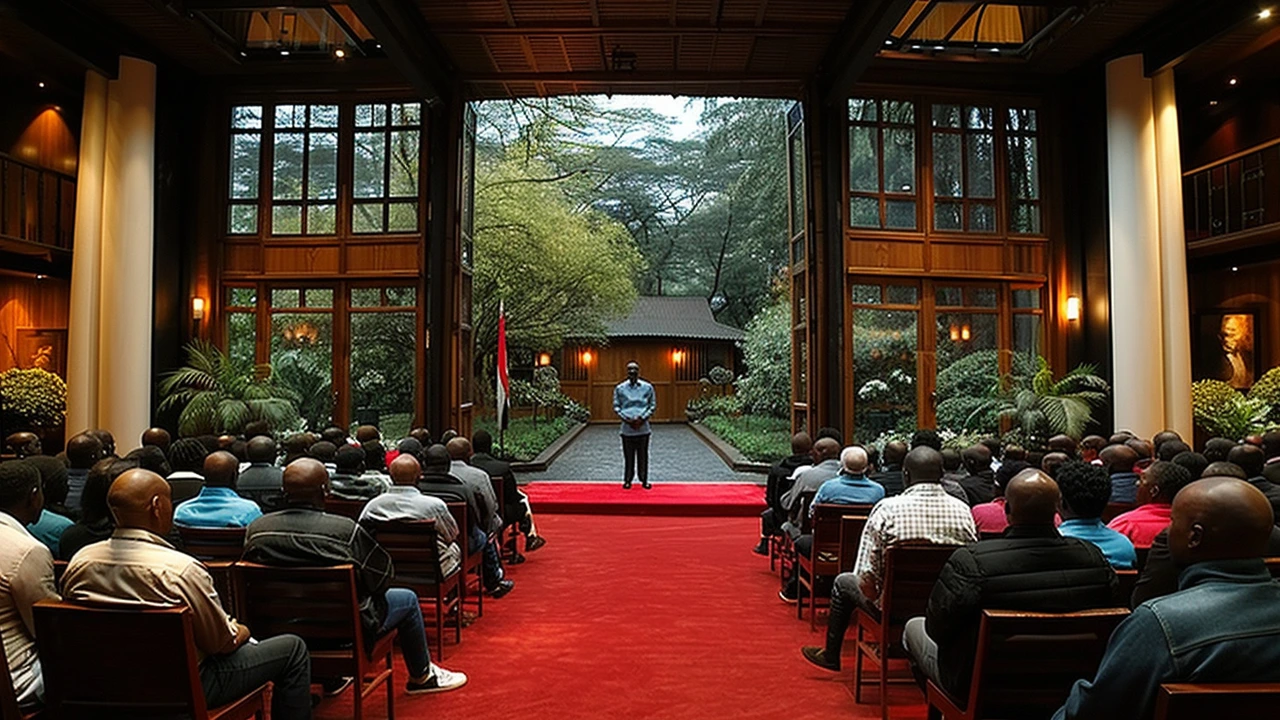Ministry of Agriculture: Driving Growth and Change in Africa's Farming Landscape
The Ministry of Agriculture plays a pivotal role in shaping the future of agriculture and rural development across Africa. Whether it's new policies, programs supporting farmers, or technological advancements, this ministry is at the heart of food security and economic growth for many countries.
Understanding what the Ministry of Agriculture does might help you see how it affects everyday lives. From setting up subsidies for small farmers to launching initiatives that improve irrigation and crop yields, their work often translates into better harvests and livelihoods.
How Agricultural Policies Influence Farmers and Markets
The ministry frequently introduces policies aimed at boosting productivity and sustainability. For instance, they might promote the use of drought-resistant seeds or organic farming techniques. These efforts aren't just about helping farmers; they also ensure that consumers have access to quality food at reasonable prices.
Importantly, ministries collaborate with local communities to provide training and resources. This approach empowers rural farmers with knowledge about pest control, modern farm equipment, and market trends, making farming both profitable and sustainable.
Recent Developments and Their Impact
Across Africa, various ministries have launched exciting projects like digital platforms for weather forecasts and mobile apps for farming advice. These tools enhance decision-making and reduce risks for farmers. Also, partnerships with international organizations help bring investment and expertise into the agricultural sector.
By focusing on these areas, Ministries of Agriculture aim to tackle challenges such as climate change effects, inadequate infrastructure, and limited access to finance. The goal is clear: to create a resilient agricultural system that benefits rural economies and feeds growing populations.
Keeping tabs on Ministry of Agriculture news helps you stay informed about the latest changes and opportunities in farming. From subsidies to innovation, their actions have ripple effects that touch communities, markets, and the environment alike.
President William Ruto has instructed the Ministry of Agriculture and Livestock to consult with stakeholders about the sale and use of muguka, following its ban in Kilifi and Mombasa counties. This directive stems from muguka's classification as a scheduled crop under Kenyan law. The government plans a Sh500 million allocation for value addition of these crops and remains committed to combating illegal substances.
Latest Posts
Wimbledon Star Barbora Krejcikova Reveals Unusual Pre-Match Routine That Fueled Her Success
Jul 13 2024

 Sports
Sports